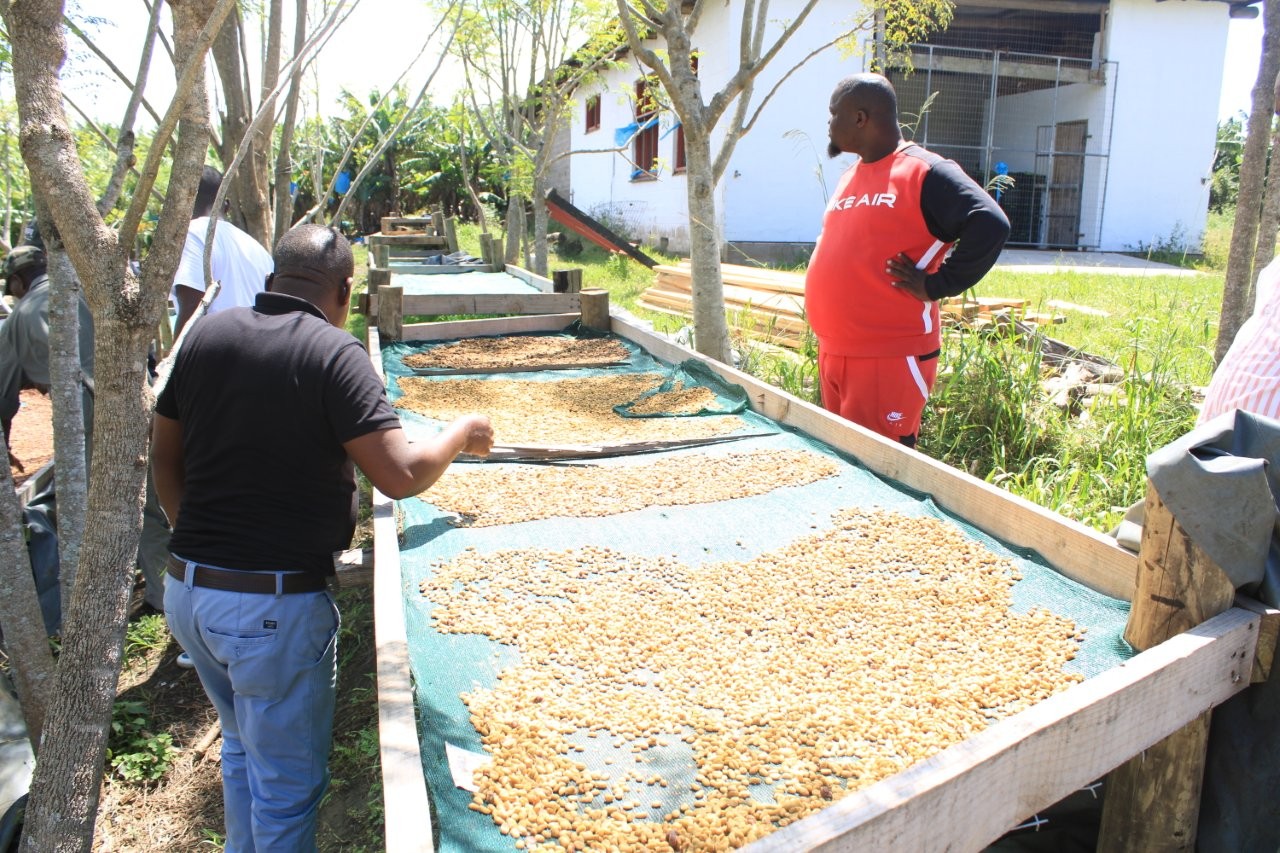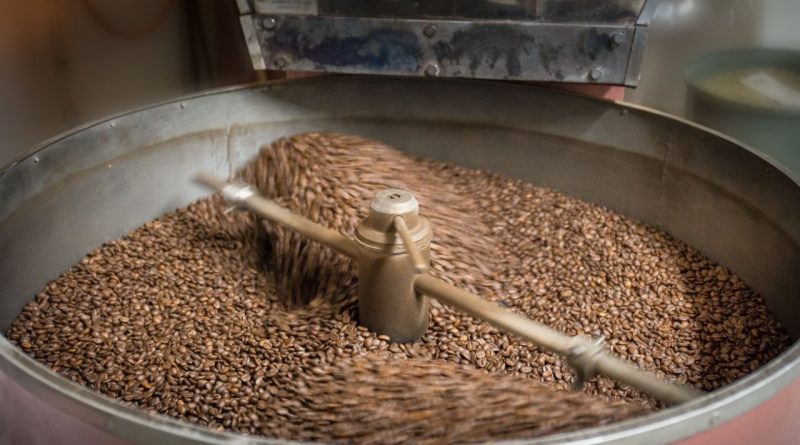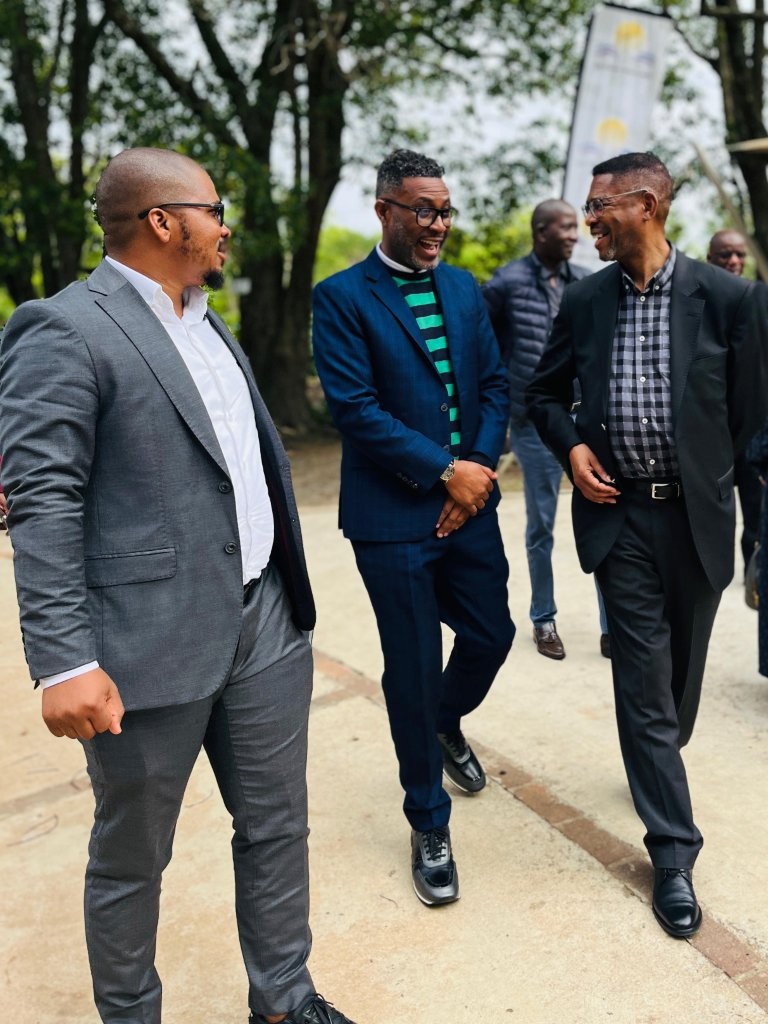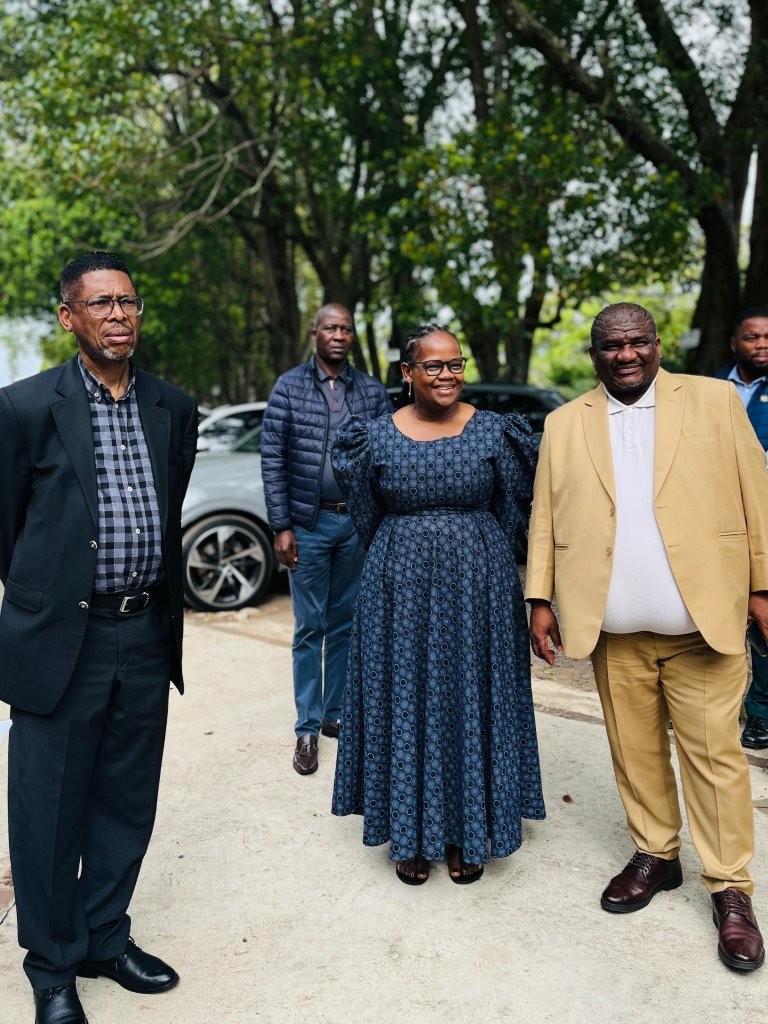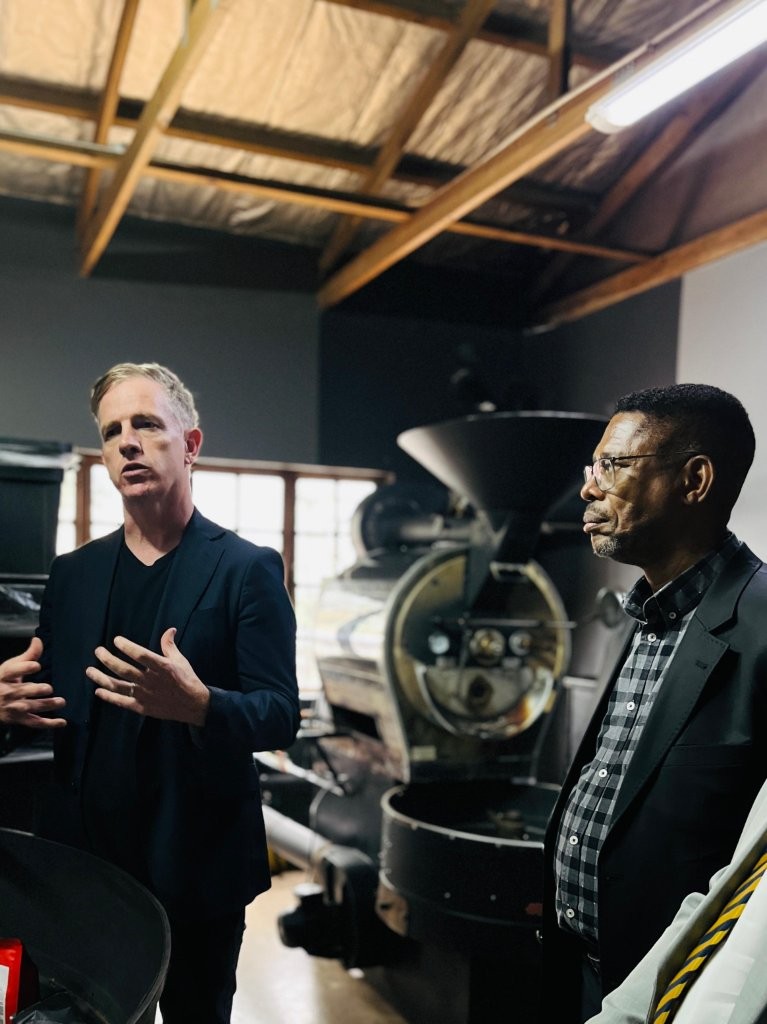KZN MEC Zondi Boosts Coffee Industry with Ugu District Social Compact on the South Coast
Durban – Musa Zondi, the MEC for Economic Development, Tourism, and Environmental Affairs in KwaZulu-Natal (KZN), recently launched the “KZN Economic Roadshow” at the Ugu Sports and Leisure Centre.
This initiative, which was unveiled earlier this month, is in line with the Provincial Reconstruction and Transformation Plan. It brings together government, labor, businesses, and civil society to collaboratively revitalize the local economy, create sustainable jobs, and promote agricultural growth.
The roadshow started at Beaver Creek Coffee Estate in Port Edward, where MEC Zondi was welcomed by third-generation farmer Dylan Cumming and other honored guests. It then proceeded to the Ugu Sports and Leisure Centre for the significant signing of the Ugu District Social Compact.
This compact symbolizes a mutual commitment to revitalize coffee farming in the region, encouraging smallholder farmers to grow coffee trees and participate in the value chain.
“Coffee, unlike traditional crops, flourishes on smaller plots of land, making it ideal for rural development farming methods,” said Dr. Vusumuzi Sibiya, CEO of South Coast Tourism & Investment Enterprise (SCTIE).
“The Ugu District Social Compact plays a significant role in fostering partnerships that encourage local communities to grow, process, and invest in coffee farming, thereby creating sustainable livelihoods and establishing the KZN South Coast as a prime agri-investment hub.”
Dr. Sibiya noted that the current coffee industry offers promising opportunities for new farmers: “On the KZN South Coast, we already cultivate world-class coffee that’s distributed nationwide, enhancing the entire value chain.”
“The Ugu District Social Compact is pivotal in strengthening this sector. Given the right conditions and support, coffee does not require large land areas; our climate and soil present an ideal basis for small-scale, high-value agriculture.”
Building on Established Coffee Leaders
Beaver Creek Coffee Estate and Mpenjati Coffee Farm are already leading the way in demonstrating the sector’s potential while ensuring its long-term sustainability.
Both locations are featured stops on SCTIE’s Agri Tours, attracting visitors eager to observe authentic coffee production.
Beaver Creek Coffee Estate (Port Edward)
This family-run establishment is South Africa’s oldest coffee farm and a member of the RedBerry Coffee Collective, which partners with vida e caffè to deliver locally produced RedBerry coffee throughout KwaZulu-Natal.
The Collective is already supporting nearly 50 members across the country, providing agronomic services, processing, and market access.
“Global coffee demand is increasing, and South Africa can significantly contribute to fulfilling that need,” remarked Dylan Cumming, co-founder of RedBerry Coffee Collective.
“The signing of this social compact represents a major achievement for rural development.”
“Coffee is an inclusive sector where small producers play a critical role, acting as a catalyst for agrarian reform, value creation, and employment opportunities.”
“Through strong public–private partnerships, we can establish a coffee value chain that attracts investment and creates lasting opportunities for rural communities, positioning South Africa as a major player in the global coffee market.”
Mpenjati Coffee Farm
Spanning 55 hectares along the Mpenjati River, this is the largest coffee farm in South Africa.
Owned by Des and Leigh Wichmann, Mpenjati Coffee Farm is renowned for its premium single-origin beans and offers processing tours, a coffee shop, and a roastery supplying nationwide outlets.
The team works closely with Theo Le Roux from @thecaffeinecommunity and Cuppa Cafe in Pretoria, united by the belief that South Africa has traditionally been a coffee-consuming nation rather than a producing one.
“We import about R2.5 billion worth of coffee each year, circumventing local communities,” stated Des Wichmann, owner of Mpenjati Coffee Farm.
“We believe a revolution is imminent, focused on empowerment and growth.”
“By providing smallholder farmers with seedlings and guaranteeing a market, we can turn backyards into thriving farms and generate a vibrant coffee economy that could create 50,000 jobs within the next decade.”
“Coffee is evolving from a mere commodity to a powerful catalyst for positive change.”
Wichmann noted that the coffee renaissance in South Africa is driven by people, from rural farms to urban barista schools.
“The industry is investing in free training programs, expanding processing capabilities, and promoting local roasters like Toro Coffee, Coffee Sorcery, and Robin Chat Roastery, who are all crafting a distinctive South African coffee identity,” Wichmann added.
“Tourism also plays a crucial role. Our forthcoming docuseries Grounded: The South African Coffee Revolution aims to attract local and international audiences to experience the nation’s coffee culture.”
By shifting focus from importing to local production, Wichmann emphasized that they are unlocking the extraordinary potential of the region’s communities and land.
“We are redefining coffee as a catalyst for positive economic transformation, ensuring that every cup contributes to a more prosperous and equitable South Africa,” Wichmann stated.
Unlock More Growth in KZN South Coast!
The coffee industry is just one of many investment opportunities along the KZN South Coast.
There are prospects for agricultural value addition aimed at boosting local production and export potential, alongside critical manufacturing sectors including agri-processing, textile production, and building materials, supported by strategic positioning and infrastructure.
The maritime and ocean economy offers opportunities in tourism, boat-building, and coastal logistics.
The region’s logistics sector is well-suited for investment, with Margate Airport providing opportunities for storage, cargo handling, and warehousing.
This is further enhanced by the Eastern Seaboard Development, which strengthens the area’s investment attractiveness.
At its heart lies the Port Shepstone commercial and business hub, positioning the KZN South Coast as not just a tourism hotspot, but an active economic ecosystem.
Green investors will find a supportive environment in renewable energy and the green economy, with solar and wind potentials aligning with sustainability goals.
The hinterland tourism sector, anchored by attractions such as KwaXolo Caves Adventures and Umzumbe River Trails, continues to evolve, offering a variety of cultural and nature-based experiences.
The property sector is robust, with quality developments like Renishaw Coastal Precinct, Serenity Hills, and Umdoni Point Coastal Lifestyle Village entering into a groundbreaking MoU with SCTIE.
Other significant projects include Bahari Bay, Injabulo Lifestyle Estate, and Ekubo Coastal Estate.
Get in Touch
To learn more, download the Explore KZN South Coast app; visit the KZN South Coast website; follow South Coast Tourism on Facebook;
South Coast Tourism and Investment Enterprise on YouTube; @infosouthcoast on Twitter or Instagram; and
South Coast Tourism & Investment Enterprise on LinkedIn.
Additionally, click here to view previous SCTIE press releases.
Watch why KZN South Coast is recognized as a premier tourism destination here.
For more details on these and other investment opportunities, connect with SCTIE, the KZN South Coast’s One-Stop Shop for investment. Reach SCTIE at 039 682 7944, email oss@sctie.co.za, or visit www.investkznsouthcoast.co.za.
To support local businesses or secure services, please visit the online directory on the SCTIE website.
To place orders with Buy Local members or to join the campaign, visit the Buy Local tag at www.investkznsouthcoast.co.za or click here for a membership form.
Follow the hashtags #unlockmore #unlockmoregrowth
